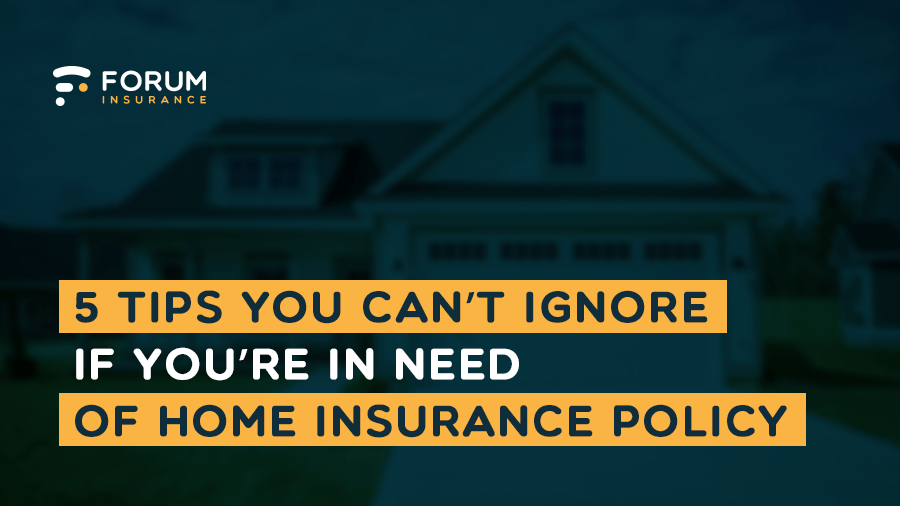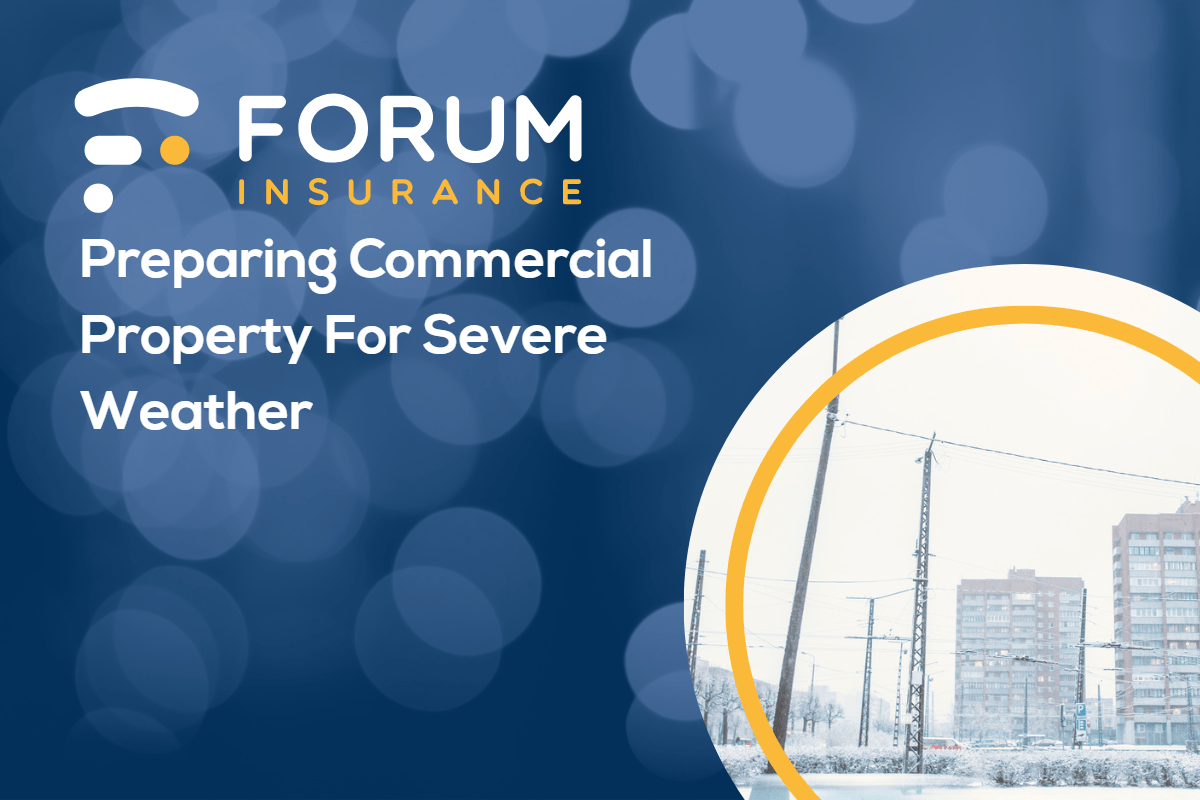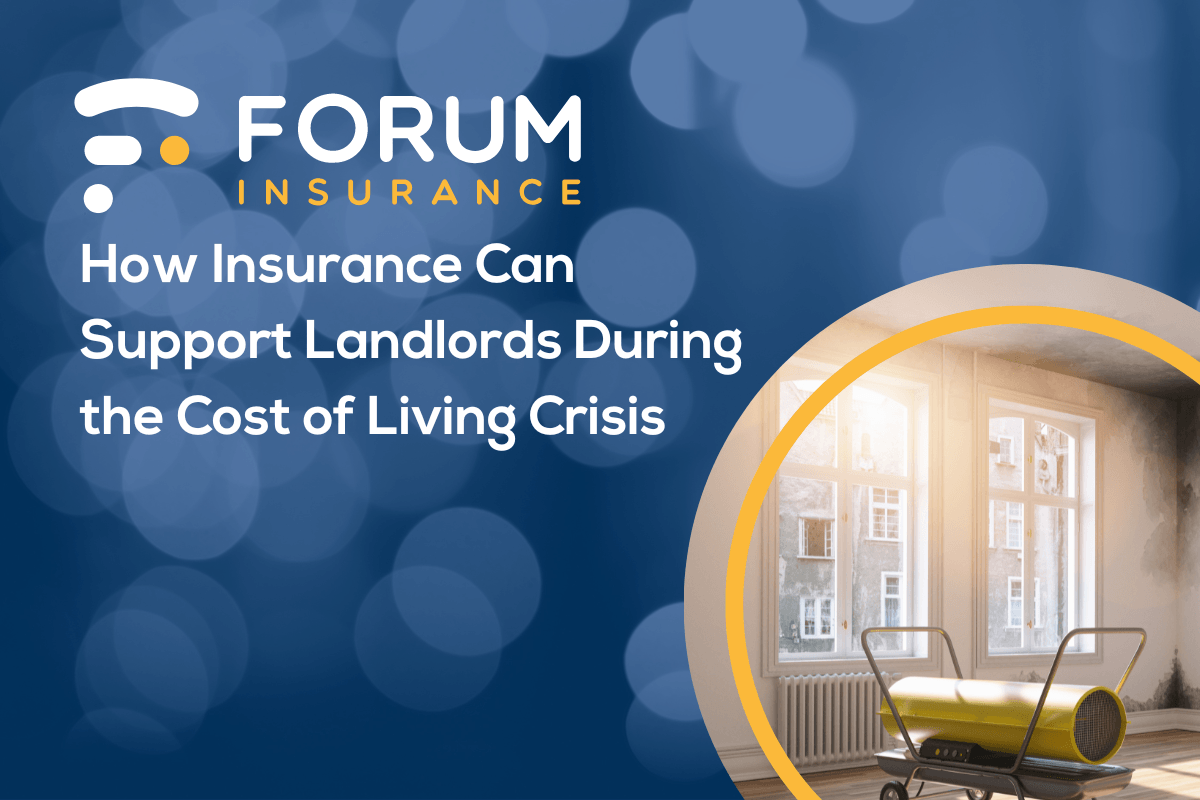5 Tips You Can’t Ignore If You’re In Need Of Home Insurance Policy

1. Everything The Insurance Policy Covers, And All That It Does Not
The insurance policy lists everything that it covers and all that it does not. So, it is safe to say that the better the policy, the more safeguarded you are from unfortunate events. Therefore, you need to customise the policy according to your requirements or hire an insurance brokerage such as Forum Insurance to tailor the perfect insurance policy for you.
Before you enter into the agreement, you need to see what your insurance contract covers. For instance, a typical insurance agreement covers damages to possessions and property in case of vandalism, theft, fire, or particular storms. It might also cover shelter costs if you are displaced from your home to avoid huge hotel bills.
Contrastingly, it would be best if you also saw what your insurance policy does not cover to avoid any future problems. For instance, a standard home insurance policy does not cover damages by "Acts of God" and "Acts of War." So, if you suffer any damages due to an earthquake, flooding, government action, nuclear hazard, or war, the insurance company would not be liable to compensate.
However, if you have a competent insurance brokerage, such as Forum Insurance, helping you out, you can negotiate and add additional covenants in the policy. For instance, if you live in an area with constant earthquakes, you can add coverage for it in the policy!
2. Preventive Actions That Can Help Reduce Premiums
When you get your home insured, you have to pay premiums for it. For some people, the premiums are considerably high as compared to others, even if the terms and conditions are identical. The reason for this difference is the fact that one house has more precautionary measures to prevent an unfortunate event from occurring as compared to the other! So, take preventive actions to reduce your overall premiums!
Insurance companies price the premiums taking the risk factor under consideration. Logically speaking, your house will be at more risk of losses due to burglary if it has no alarms compared to the one with burglary alarms installed.
3. Take Your Time And Research
Before you finalise on an insurance policy, make sure you have done your research thoroughly. There are several insurance companies out there, offering different prices and terms. Choose the one that suits you the best. Ask your friends around or look for yourself. Also, if you want some professional help or consultancy, Forum Insurance is there for you to help you out. With about 30 years of experience and several satisfied clients, we will ensure that you get the best possible insurance policy at competent prices!
Also, sometimes people overlook how friendly or cooperative the insurance brokerage is, which can eventually backfire when you are in any sort of difficulty. So, get insured with a brokerage that takes pride in the satisfaction of their clients to avoid any inconvenience in the future.
4. Try And Pay Off The Mortgage Before You Get Insurance
Little do people know, but paying off the mortgage and owning the house can have a significant impact on your insurance policy. The conventional wisdom illustrates that you are much more likely to take care of your home, maintain it regularly, and make repairs if you own the house. This means there will be a lower risk of you filing a claim to the insurance company, which will reduce the insurance premium.
So, if possible, it is best that you pay off your mortgage before signing an insurance contract to get the best possible prices. However, if you are unable to do so, make sure you have experts like Forum Insurance backing you up as your insurance brokers to negotiate the best possible deal for you!
5. Make Wise Additions To Your Home
Lastly, if you plan on making additions to your home, please ensure that you use the safest and robust materials. The risk factor plays a vital role in your insurance policy. So, you need to make sure your house is as safe as possible.
For instance, if you want to add a little storage hut in your backyard, use a steel-framed or a cement structure, rather than a wooden one. After all, the former ones are more durable and unlikely to catch fire. So, keep the insurance premiums considerate by making wise choices! Also, if you ever need advice, Forum Insurance would be more than happy to help you out! All you need to do is give us a call!
Conclusion
In a nutshell, a home insurance policy requires a lot of research and understanding. There is much to consider to ensure the best possible policy for yourself and complete peace of mind. Unless you are an expert yourself, it is best that you get professional help from insurance brokers such as Forum Insurance. Not only would we tailor the best possible policy and negotiate the terms, but we would also ensure the most competitive prices!
Recent Posts









